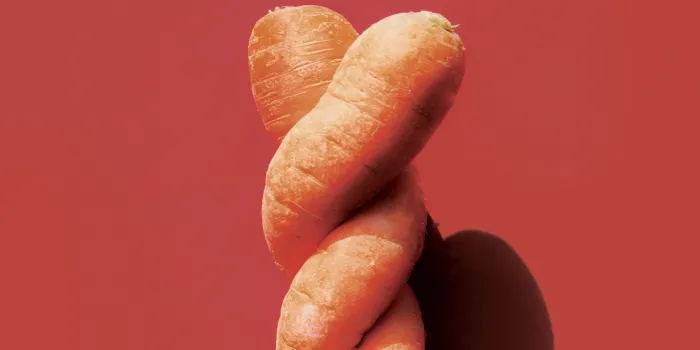Dating is nearly always a challenge. Dating with a bleeding disorder, particularly at midlife, adds a whole other layer. Just ask Omar Williams, 40, of San Francisco. “I’m hesitant to put myself out there,” he says. “I walk with a pronounced limp so I can’t dance well. I’m always stiff so I don’t move loosely. I’ve had several experiences where women ask why I limp and after I explain it to them, their interest fades. So it can make me not want to have to deal with that time and time again.”
Gary Pennington, 61, of Corrales, New Mexico, thought his divorce might be the end of his relationship life. He was sure that any woman he met would think he was a liability. “They’d think, ‘He’s not going to be healthy, he won’t be able to do all the things that a normal person could do, and he’s going to slow me down’,” Pennington says.
These are universal feelings for anyone with a bleeding disorder dating at midlife or later, regardless of gender or sexual orientation. “The risk of rejection, which is a very human thing, is at the root of it,” says Dana Francis, MSW, a social worker in the adult hemophilia program at the University of California San Francisco Hemophilia Treatment Center.
And once they’re in a relationship, people with bleeding disorders may have other worries. “People often think, if I get out my needles and factor, am I going to scare the hell out of someone?” says Francis.
Relationship realities
The good news is that many of these hurdles can be overcome. When Pennington met his current girlfriend, she was overprotective and hesitant at first. But he showed her that his hemophilia wasn’t going to slow him down. “I’m a big hiker. I go across the mountains carrying 60- to 100-pound backpacks, so she’s learned I can do anything I want,” he says. When he has a bleeding episode, his girlfriend has learned that he has to take a pause, get some medicine and then he’ll be fine. “It’s a team effort—there will be times when I have to help take care of her and other times she has to take care of me. Luckily, my girlfriend is willing to do that,” he says.
Some relationship issues can actually be easier once you’ve reached a certain age. Pennington’s marriage ended because he refused to have children. “My family has had hemophilia from the days of old,” he says. “And I decided there will never be another Pennington with hemophilia because I won’t have children.” His current girlfriend already has children, so the topic wasn’t a sticking point.
Williams feels advancing age has other potential benefits. “As I’ve gotten older, I feel I’ve actually gotten more dates because people are less superficial,” he says. “As we get older, I think we recognize that beauty fades and character is what matters because that is what you are partnered with for the long term.”
Despite the challenges a chronic condition can place on a relationship, having a partner to go through life with can make even the worst of times seem more bearable. Says Francis: “It’s a human thing to want to have a companion and someone to talk to and do things with, even if it is hard to go there sometimes.”
Dealing with disclosure—again!
Returning to dating during midlife or later means confronting the tricky subject of when to disclose a bleeding disorder. Social worker Dana Francis, MSW, has some suggestions to help smooth the process:
• Acknowledge your nerves.
When you feel that it’s time to disclose your bleeding disorder, it’s OK to say something like, “I’m kind of nervous to bring this up, but I really want to tell you about it. And I hope that you can hear me and we can talk about it and go forward.”
• Approach the disclosure gently.
You might want to say, “There’s something I really need to talk to you about. It has to do with my health, and I want to get it out and be upfront about it. I want to answer your questions and hear your reactions.”
• Give a brief overview of your condition.
You don’t have to go into great scientific detail. Offer the highlights. Explain what you may have to do when you have a bleed. You can add something like, “It’s a chronic issue, but it’s much more manageable than it ever used to be. I don’t want you to be frightened by it, but I need you to know about it.”

